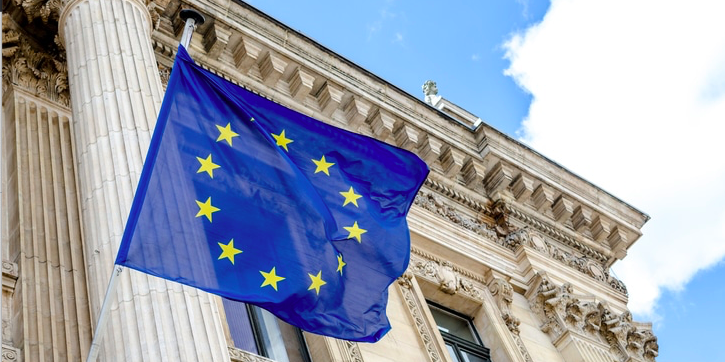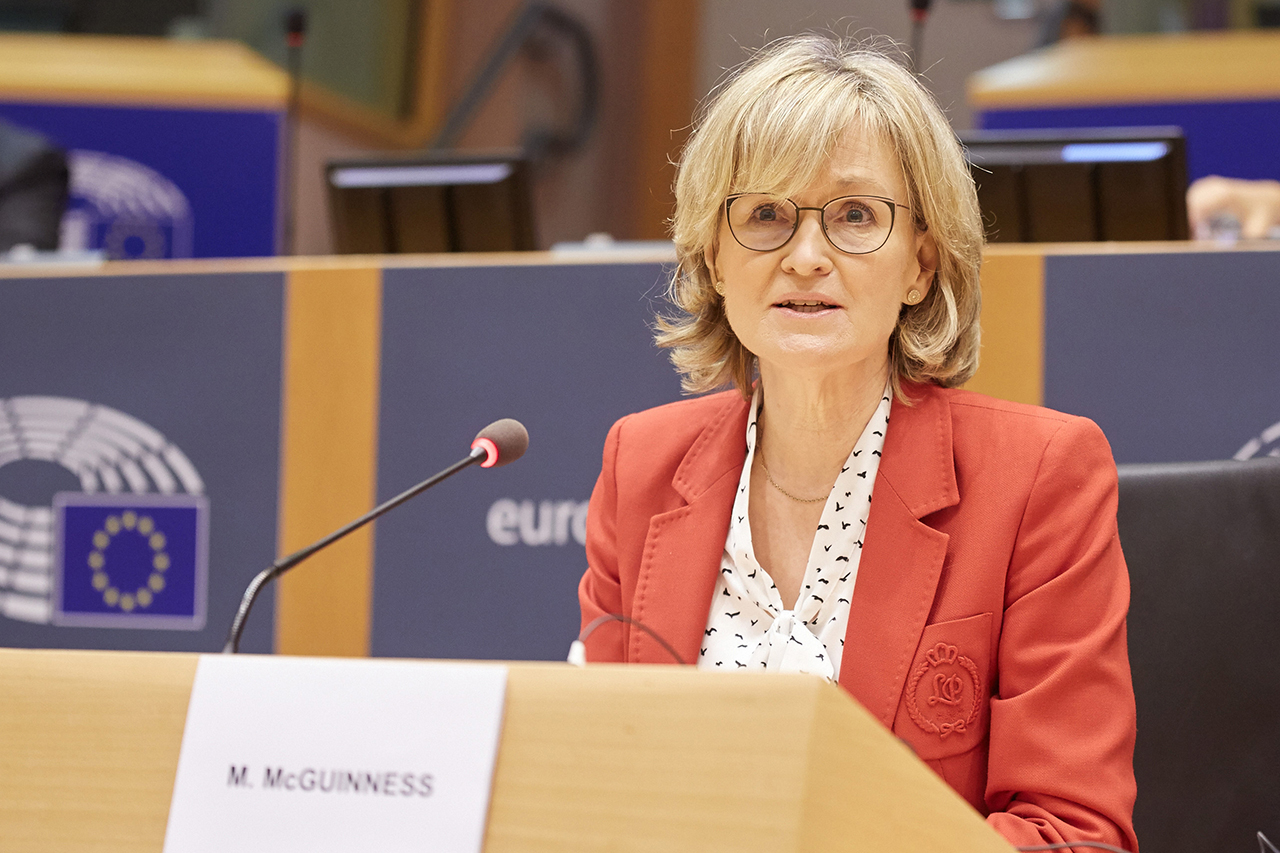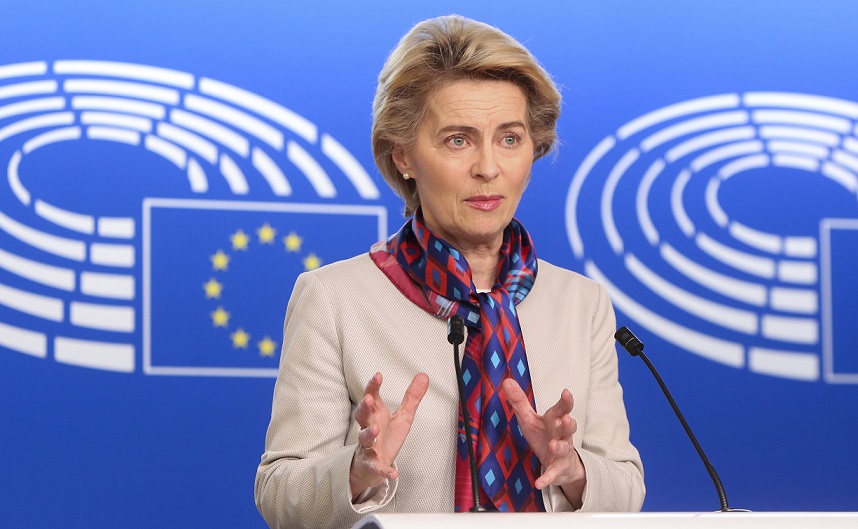The European Commission has updated the list of high-risk third-country jurisdictions presenting strategic deficiencies in their anti-money laundering/countering the financing of terrorism (AML/CFT) regimes. Two third-country jurisdictions were added to it: Nigeria and South Africa, while two other jurisdictions were delisted: Cambodia and Morocco. This list takes into account the information from the Financial Action Task Force (FATF) and the changes decided at the last FATF Plenary of February 2023 in the list of ‘Jurisdictions under Increased Monitoring’ (‘grey list’). Considering the level of financial systems’ integration, the Single Market would be exposed to serious risks of money laundering and terrorist financing if the EU were not to consider adding jurisdictions identified by the FATF to the EU list. Continue reading…
The message is clear: organisations must be held accountable for their social and environmental footprint. Therefore, it’s inevitable that speaking up becomes the next social…
Download whitepaper







